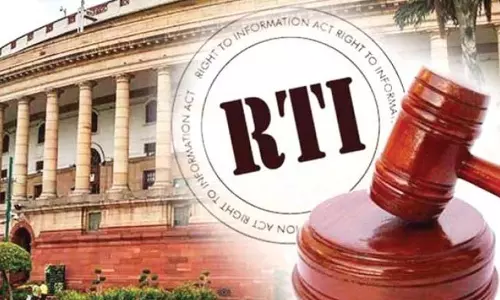Odisha govt initiates renaming of migrant Bengali villages in Malkangiri

Bhubaneswar: Odisha’s Malkangiri district administration has begun the process of renaming villages where migrant Bengali settlers have lived for decades, addressing a long-standing demand for culturally significant identities.
The settlers, predominantly from the Scheduled Caste community, migrated from Bangladesh during the 1960s and 1970s and now reside in 214 villages. These settlements, until now, have been labeled with alphanumeric codes such as MV (Malkangiri Village) and MPV (Malkangiri Poteru Village), followed by numbers like 26 and 79, which lack cultural or historical meaning.
Malkangiri Collector Asish Iswar Patil confirmed the initiative, stating, “We have initiated the process of renaming the villages. According to existing guidelines, the proposal for a new name must be approved at multiple levels—starting with the gram sabha, then the palli sabha, tehsil, sub-collector, and collector—before being sent to the Board of Revenue for final approval.”
Officials also revealed that some of these villages could achieve revenue village status if they meet the necessary criteria, further enhancing their administrative recognition. “Proposals for renaming have already reached the gram sabha and tehsil levels in several cases, while discussions are still underway in other villages to finalize appropriate names,” Patil added.
The demand for renaming gained prominence during the general elections, with the Bharatiya Janata Party (BJP) pledging to address the issue if voted to power. The initiative is widely seen as a step toward acknowledging the identity and cultural integration of the Bengali migrant community.
“This move is a significant milestone for us. For decades, we have lived under numeric codes that stripped us of our cultural and historical identity. Renaming these villages with meaningful names will not only mark a historic moment for our community but also ensure greater administrative clarity,” said Debabrata Sana, a Bengali settler.
The renaming initiative is expected to restore a sense of belonging and pride among the settlers, many of whom have faced years of neglect and administrative ambiguity. Once completed, the villages will bear culturally resonant names that reflect their residents’ history and identity, marking a new chapter for the region.


